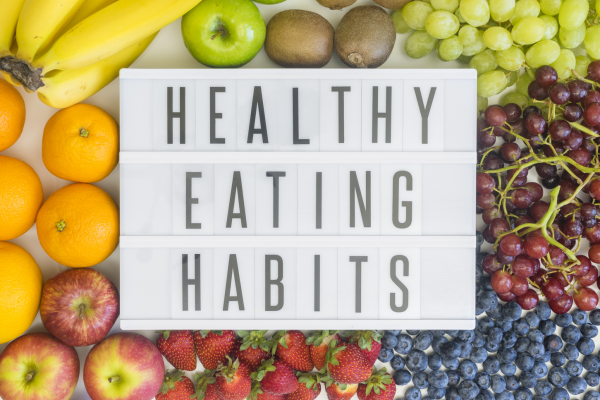A New Malcolm X Biography Aims To Empower Kids
Although he’s studied Malcolm X for decades, Ibram X. Kendi, PhD, never thought he’d write a biography about the human rights activist. But when he got the opportunity to collaborate with the Malcolm X Estate on a biography targeted toward young readers, taking it was a no-brainer.
Malcolm Lives!: The Official Biography of Malcolm X for Young Readers was released on May 13, 2025, days before Malcolm X’s birthday on May 19. Featuring never-before-published letters, notes, flyers, photos, and extensive source notes, the middle grade book aims to capture Malcolm X’s antiracist legacy and spark important conversations among families reading it.
The book already received a thumbs up from Dr. Kendi’s tween daughter.
“I think she was quite taken by everything that Malcolm had to deal with as a young person,” he says. “She's 9 years old, and there were quite a few things that Malcolm was experiencing as a 9-year-old. That really led to a lot of questions about why certain 9-year-olds have to experience certain things, and what can we do to stop that.”
It’s these questions he hopes others kids, ages 10–14, will explore by reading through age-appropriate concepts and narratives. “The book is largely written in scenes, and those scenes are largely captured in pretty short chapters that really allow the young readers—and older readers—to get a vivid picture of what Malcolm was experiencing at different moments in his life,” says Dr. Kendi.
Many children may also be facing some of the adversity that Malcolm X faced as a young person. "Like when a teacher sort of shot down his dream of being a lawyer, or facing hunger, or poverty, or being separated from his siblings, or separated from his parents, or moving multiple times," says Dr. Kendi. "I think that's going to be really resonant for young people who are facing similar challenges."
The historian has written over a dozen books, including New York Times bestsellers How to Raise an Antiracist and Antiracist Baby. But bringing Malcolm X’s biography to young readers may be some of his most impactful work yet.
“This story allows people to see how he came to feel empowered, and ultimately can turn around and allow us to feel empowered,” Dr. Kendi explains, adding, "life stories are among the greatest teachers.”
The book explores concepts that can encourage deep conversations among families. One of those is how people can be impacted by larger policies and rules.
Dr. Kendi gives an example of the home of Malcolm's parents in Lansing, Michigan, which had a racial covenant in the deed. "[The book shows] how that affected who could live on that property, and how that affected his family," says Dr. Kendi. "I wanted to show how there's still some deeds with those covenants to this day; Michigan legislators are still trying to get them removed. So, people can connect the past to the present."
Another important concept is racism. "So much of Malcolm's life was either experiencing racism or challenging racism, and so I'm hoping that young people and their parents can just have a larger conversation about the potential racism that they may see in their own communities, and what they can do to combat it," says Dr. Kendi.
It’s important for parents to talk to their kids about unfair and racist rules that impact specific groups of people, suggests Dr. Kendi.
"That you have rules that make it harder for certain people to do certain things, and that those who are fighting against those rules are striving to be antiracist. Those who are fighting against those rules, see those rules as the problem, as opposed to people because of the color of their skin," he explains. "For parents to really break it down, this conversation revolves around a central question: What is the problem—those bad rules, or 'bad people?'"
Dr. Kendi also encourages parents to take their children to places and spaces that can lead them to ask questions.
"You can take them to a book talk in which a young adult or middle grade author is talking about a book related to race, and that then could prompt your young person to ask questions and certainly engage in conversation. You can also take them to a protest which could cause them to ask, 'What are they protesting about?'" he says. "Because as we know, young people don't like to be lectured to. You should be sparking their curiosity."












